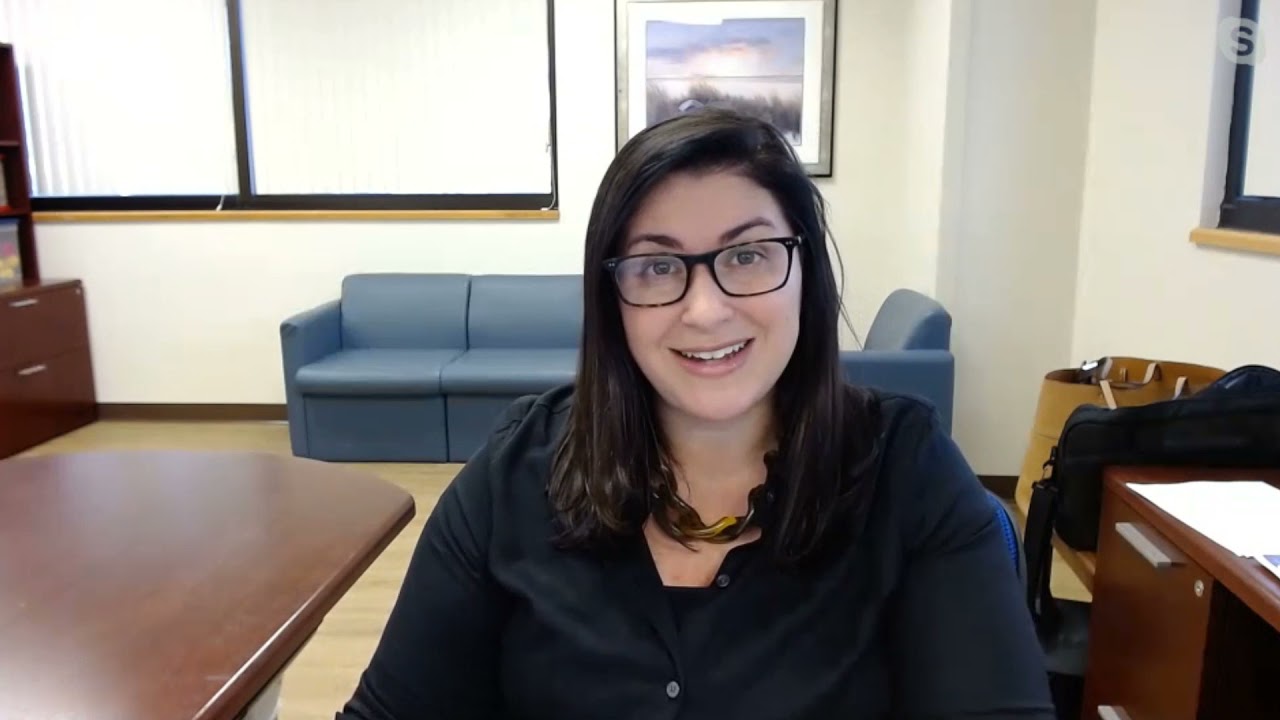Anxiety and Stress in Teens
Featured Expert
Anxiety and Stress in Teens
Anxiety disorders are the most common mental health disorder in the United States, and anywhere from 1 in 10 to 1 in 13 people suffer from anxiety, with about 8% of children and teenagers experiencing an anxiety disorder. This has worsened during the COVID-19 pandemic, and we are living in more times of stress and anxiety than ever before. The teenage years generally have significant stress and this has worsened during the pandemic.
On this week’s On Call for All Kids, Jennifer Katzenstein, Ph.D., director of psychology and neuropsychology at Johns Hopkins All Children’s Hospital, discusses the stress and anxiety related to the transitions occurring in the teenage years, especially transitions between school years, completing high school and moving to the next steps, as well as the social stressors of the teenage years.
What times are likely to result in anxiety and stress for teens?
The teenage years are ripe with new experiences, opportunities and challenges. Also during this time, teenagers’ brains are changing, and they want more independence and autonomy. During this time, there are also many stressors. For example, teenagers might worry about starting secondary school, looking a particular way, fitting in with friends, final examinations/schoolwork, performing in plays at school or going to school formals. Now more than ever, teenagers have even more worries with political affairs, the pandemic, not to mention social media.
Feeling anxious is part of the normal range of emotions, just like feeling angry or embarrassed. For most teenagers, anxiety doesn’t last and goes away on its own. But for some teenagers, it doesn’t go away or is so intense it that it stops them from doing everyday things. It’s also important to remember, anxiety in teenagers isn’t always a bad thing. Feeling anxious can help to keep teenagers safe by getting them to think about the situation they’re in. It can also motivate them to do their best. And it can help them get ready for challenging situations like public speaking or sporting events.
What is the difference between anxiety and stress in teens?
Most normal anxiety and stress goes away quickly, maybe in a day or a few hours. Anxiety becomes an increasing concern when anxious feelings are very intense, go on for weeks, months or even longer, and/or get in the way of a teenager’s ability to learn, engage in home/school/work environments, and enjoy daily life.
What are the signs/symptoms of anxiety in teens?
Symptoms can include worries, feeling irritable/nervous, feeling restless, wound-up, on edge, being easily fatigued, difficulty concentrating, and/or mind going blank, as well as physical symptoms such as sleep problems, muscle tension, headaches, stomachaches and pain.
What can we do about test anxiety?
Test anxiety is a type of performance anxiety, which is a feeling someone might have in a situation where performance really is important or there is a lot of pressure to do well. For example, a teen might have performance anxiety just before trying out for the school play, singing a solo on stage, getting into position on the pitcher's mound, right before a big game, or submitting applications for college. The same applies for big examinations and tests, especially finals, and as SAT and ACT exams approach. When we have test anxiety, we need to focus on strong study strategies without distraction, envision success, getting good sleep, and teaching good coping strategies — such as calming breathing and self-calming via progressive muscle relaxation and changing our cognitions.
As a parent, what can I do to help?
- Acknowledge your teen’s fears and emotions. Don’t ignore it or dismiss it by saying, “You have a good life. You shouldn’t worry about that.” We need to take their emotions seriously and be ready to listen. Don’t meet them with too many questions, let them talk, and sit in the silence.
- Remind them that other kids are anxious too. Try to avoid labeling our teens with negative labels such as “shy” or “anxious.”
- Start with a level of exposure — slowly working up to the worry, but providing positive reinforcement for tasks and social activities they are worried about.
- Give your child love and empathy.
- Make time to talk to your child every day without distractions.
- Encourage healthy diet, physical activities and good sleep habits.
- Strong parent-teenager relationships are good for young people’s mental health and is protective.
- If you need to seek more help, reach out to your pediatrician or trusted psychologist/counselor for additional support. School counselors can also be helpful.
Center for Behavioral Health at Johns Hopkins All Children's Hospital








